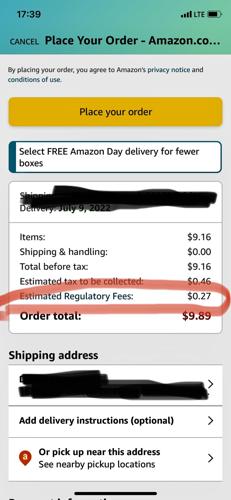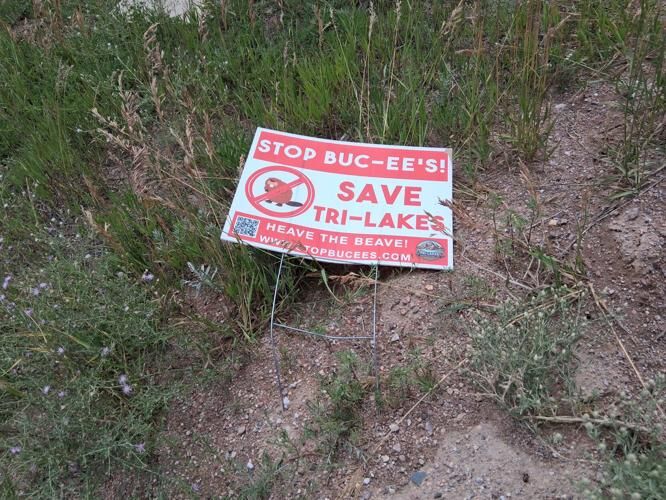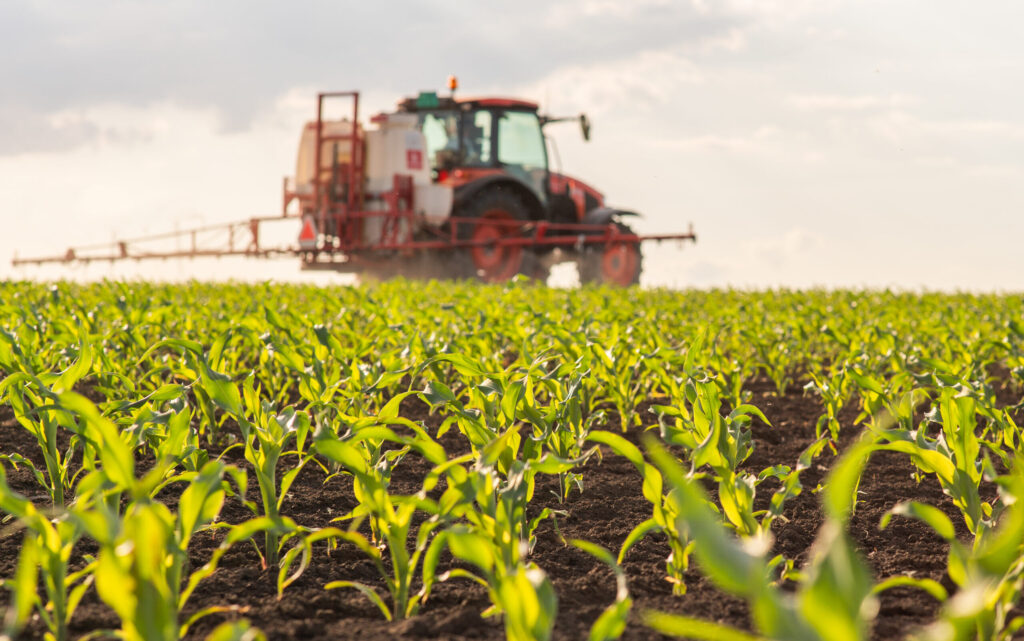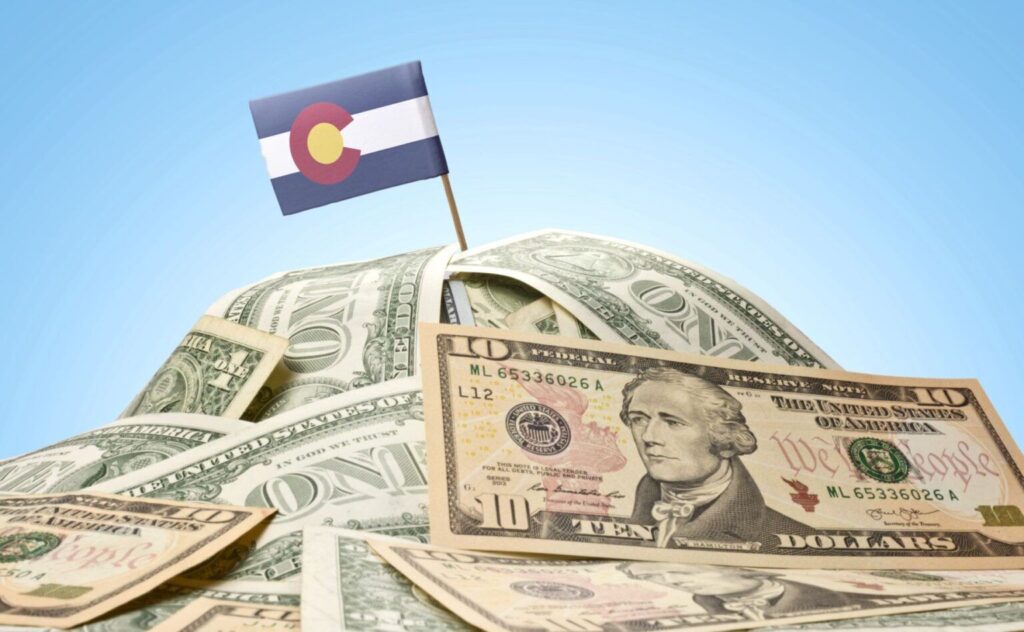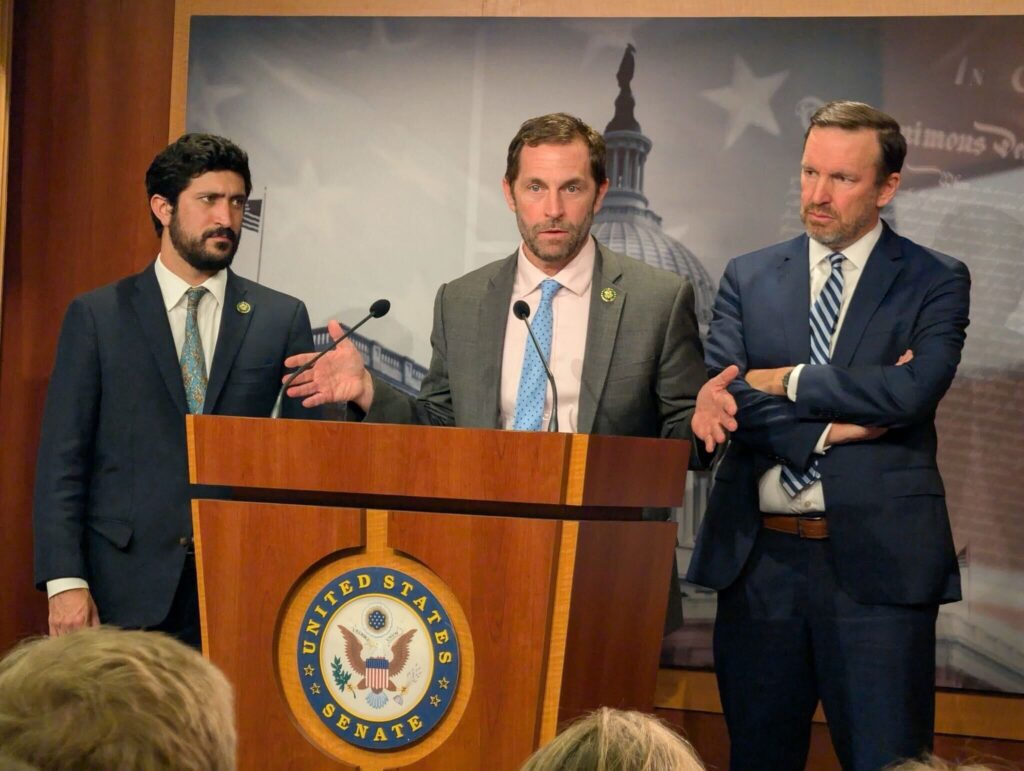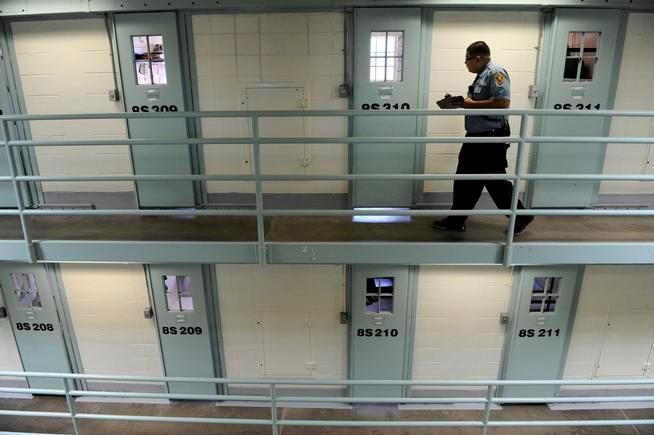EDITORIAL: Colorado cities rein in the tax man
Looks like more municipalities are moving to untie a knot in their laws that had them double-taxing the public. In one of those quintessentially bureaucratic snafus, Colorado home-rule cities, including Denver, Colorado Springs and Aurora, have been collecting local sales tax on a controversial new statewide retail delivery fee that took effect July 1. Essentially, a tax on a tax.
Aurora was the first to notice the quirk last month and and changed its sales-tax law last week to prohibit the double-levy. Other cities are now following suit. Good.
Of course, it’s not like they would have been able to just take the extra money and run. Certainly not once the unintended assessment was discovered and made news. It was a slap to taxpayers — atop a 27-cent delivery fee to the state that itself is controversial in the first place.
The fee is assessed on all motor-vehicle deliveries — from Amazon to Uber Eats — of goods subject to the state sales or use tax. It was part of last year’s omnibus transportation bill passed by the legislature. Citizens groups filed suit last spring, contending in part that it and other fees collected under the transportation measure should have been put to a popular vote under the state constitution.
We supported the bill as a way to kick-start long-overdue highway funding, but we endorsed it with big misgivings about the assessments it uses to raise the needed revenue. The state calls them fees, but consumers are justifiably more likely to view them as taxes.
So, when the local double-taxation issue popped up in Aurora, it was salt in the wounds for taxpayers. The way Aurora’s tax laws were written required them to tax the fee as part of the total “purchase price.” The state law uses a definition of “purchase” that excludes the delivery fee from taxation, but local laws like Aurora’s were out of synch.
Hence, the delivery of a $10 taxable good in Aurora not only meant a total purchase price of $10.27, but that total was also subject to the city’s 3.75% tax rate. It added another 1 cent.
As The Gazette reported this week in an update on the saga, Denver has followed Aurora’s lead and took initials steps Monday to pass an ordinance “to exempt from taxation certain fees.” Colorado Springs is weighing a change to its law that could come before its city council next month.
It appears many other Colorado cities face the same issue, but there are assurances they, too, will retool their tax collections.
“I’ll be surprised if there are any left with it on their tax base by October,” Colorado Municipal League Executive Director Kevin Bommer told The Gazette.
First-term Aurora City Councilman Dustin Zvonek, who was first out front calling for a fix, told The Gazette other fees imposed by the state would have been taxed, as well, had the cities not acted to revise their ordinances. A statewide fee penalizing the use of plastic shopping bags, for example, goes into effect next year and would have been taxed locally.
“Those fees are always small when they’re created, a quarter percentage here and half a percentage there. But they add up. The practice of taxing fees was not defensible,” Zvonek said. “This is another way for the government to save taxpayers some money.”
Kudos to Zvonek and like-minded local leaders around the state for acting quickly to resolve the issue.






